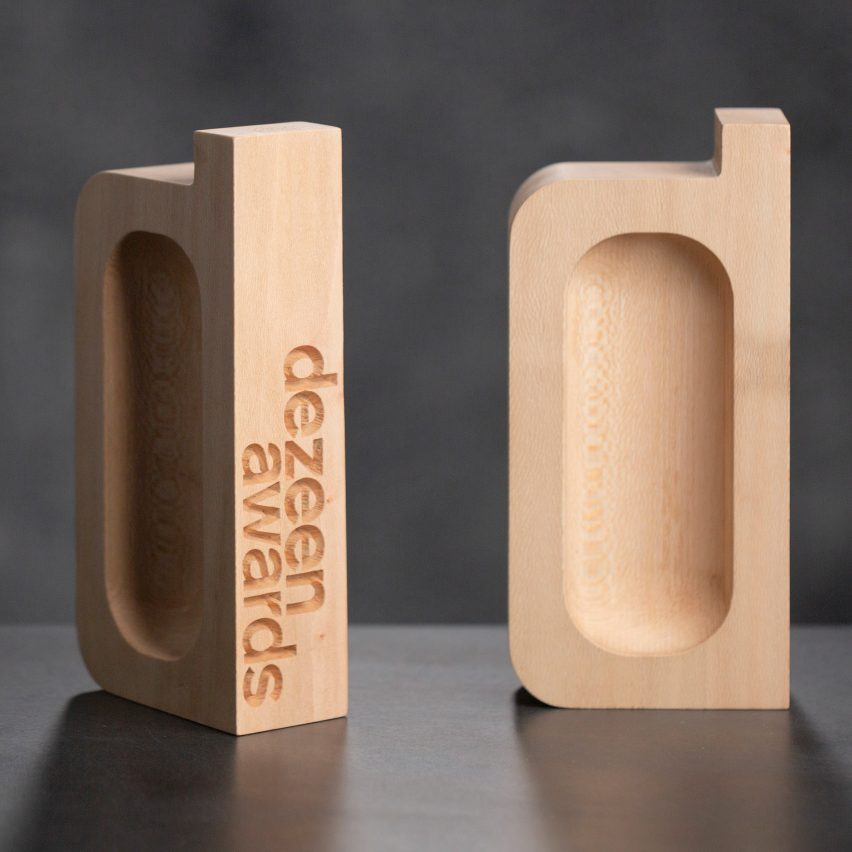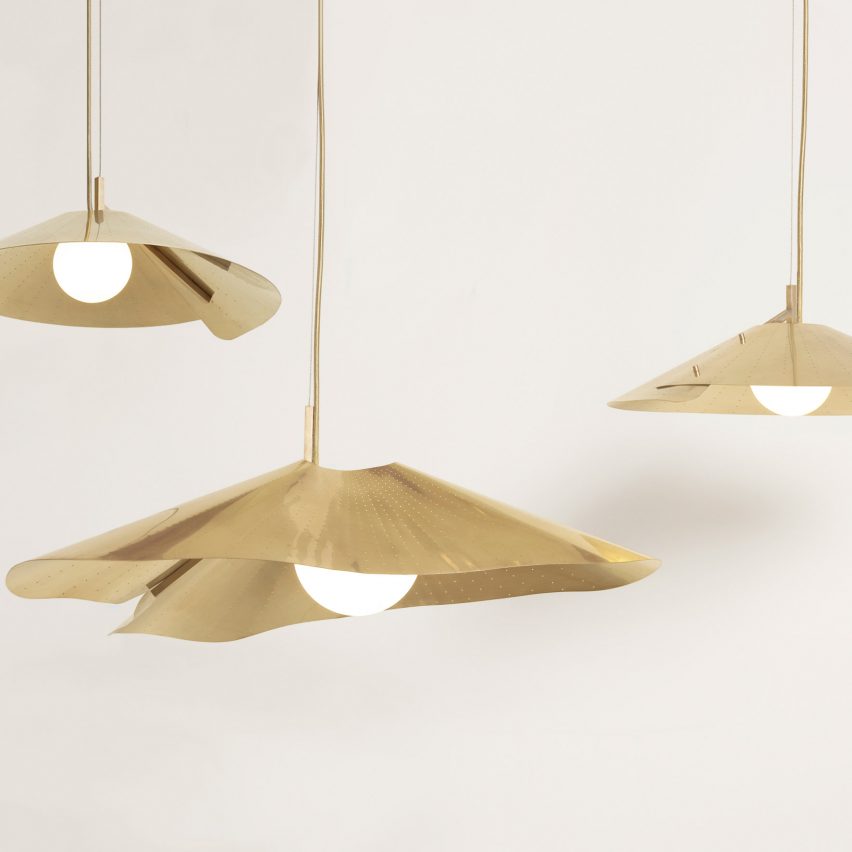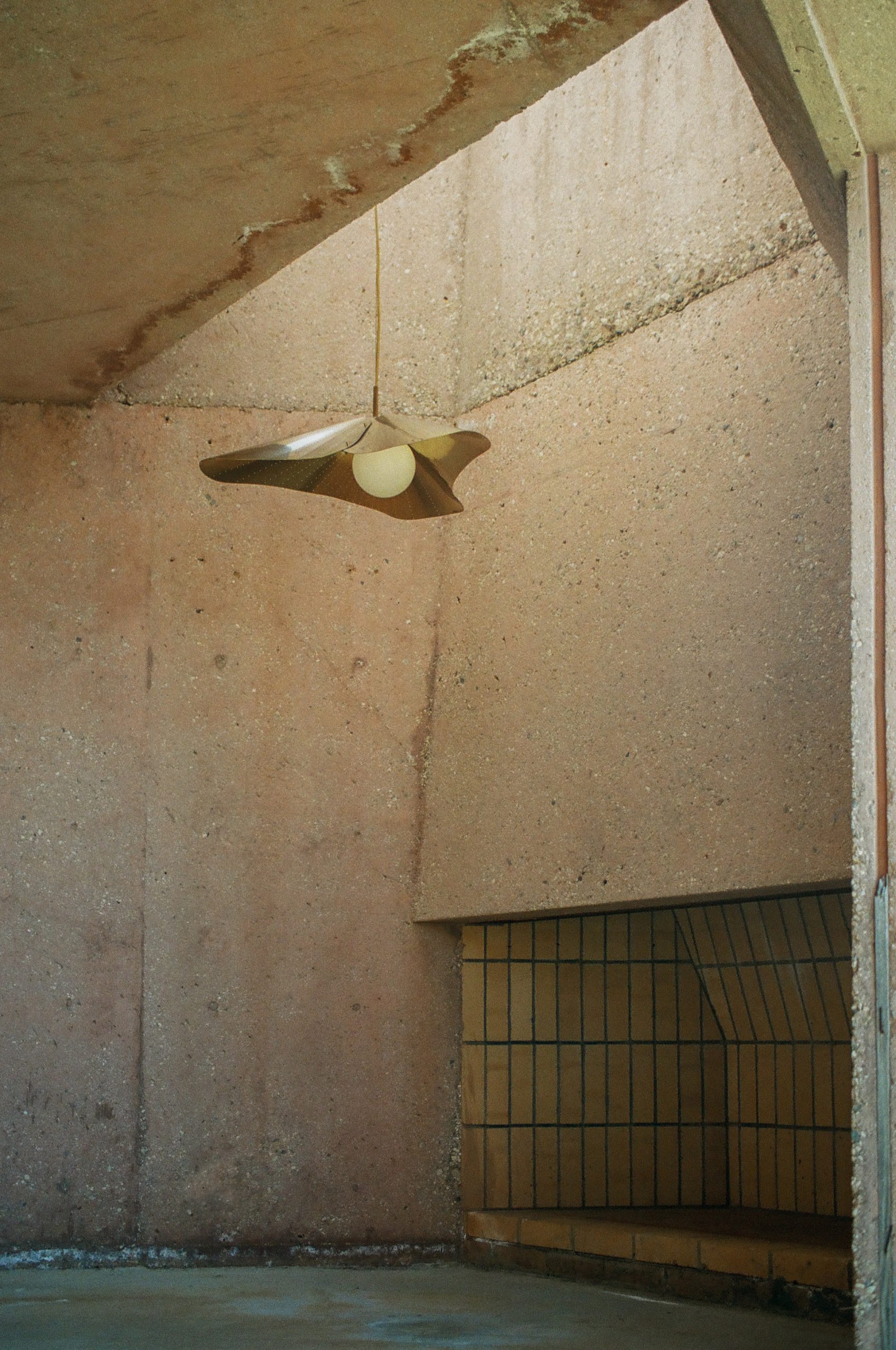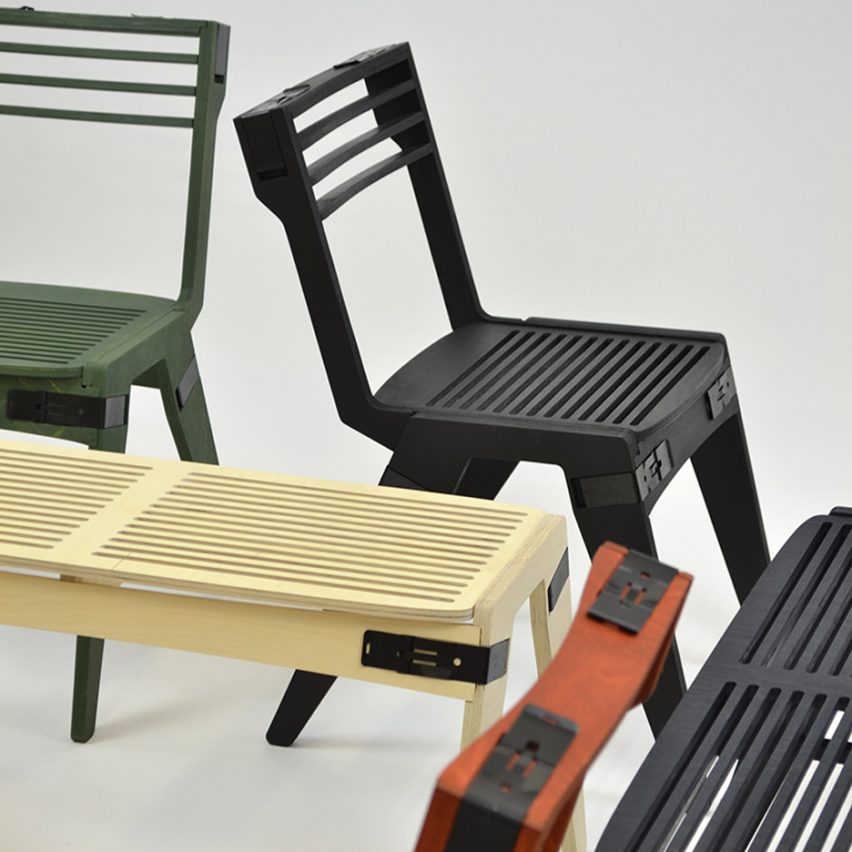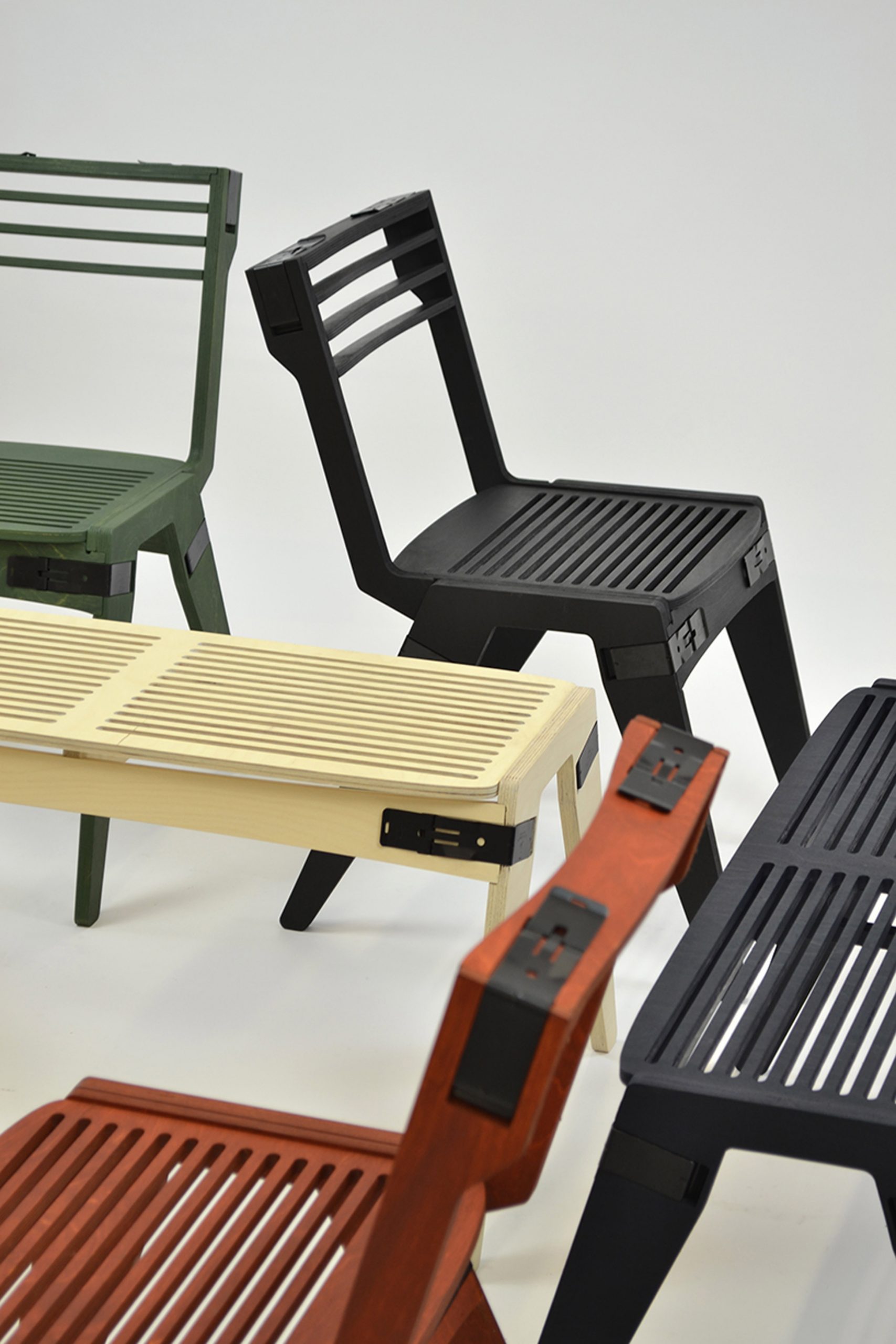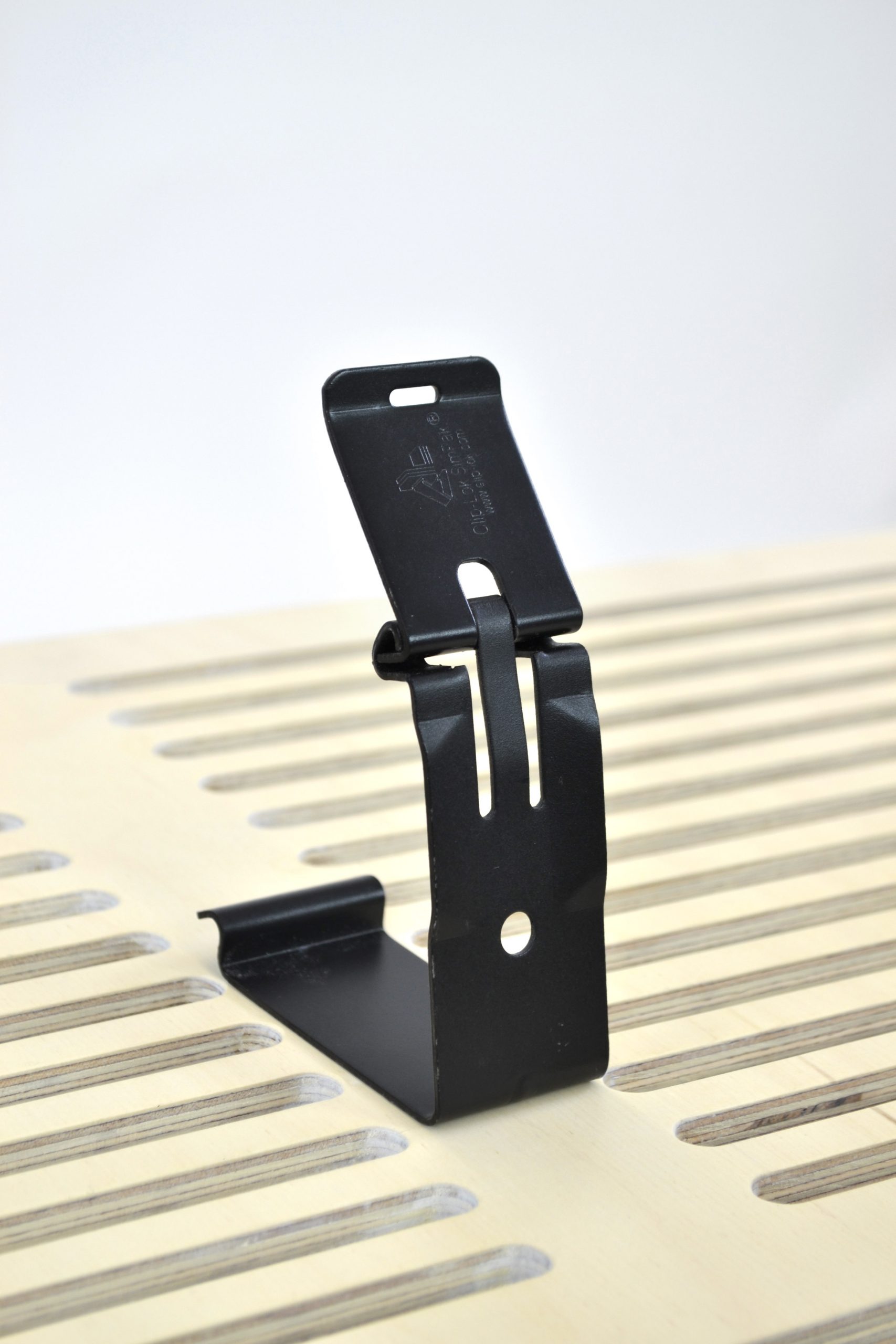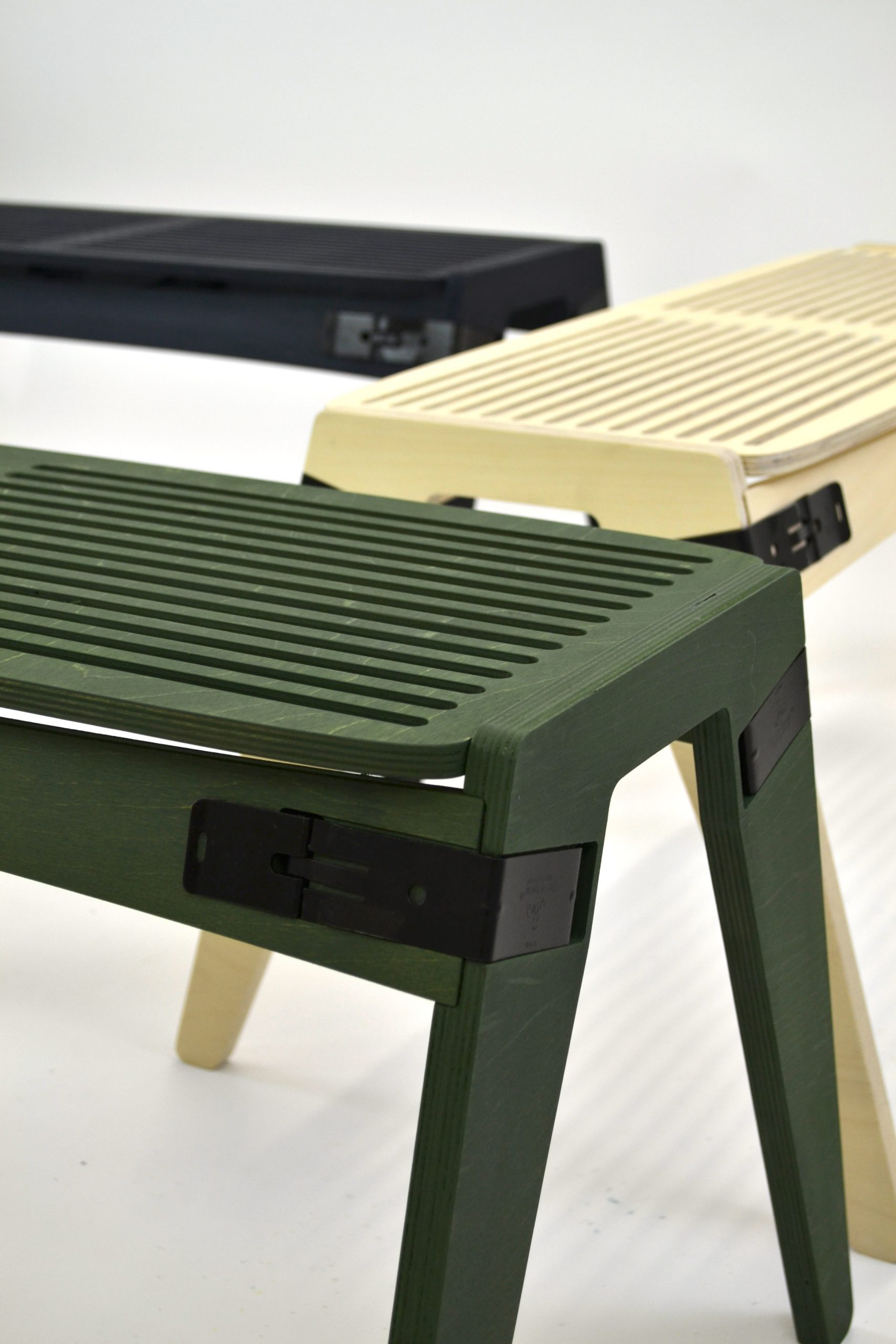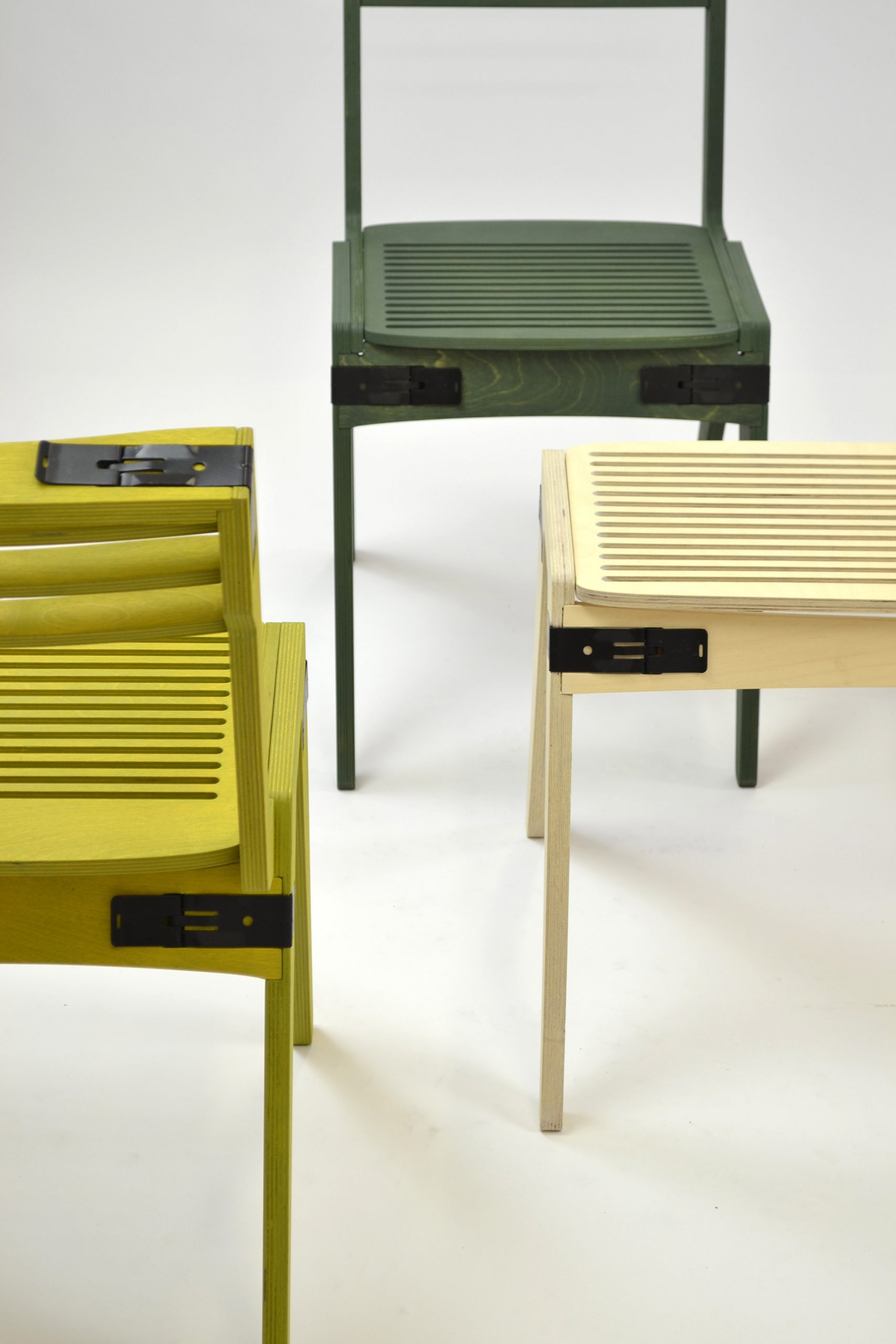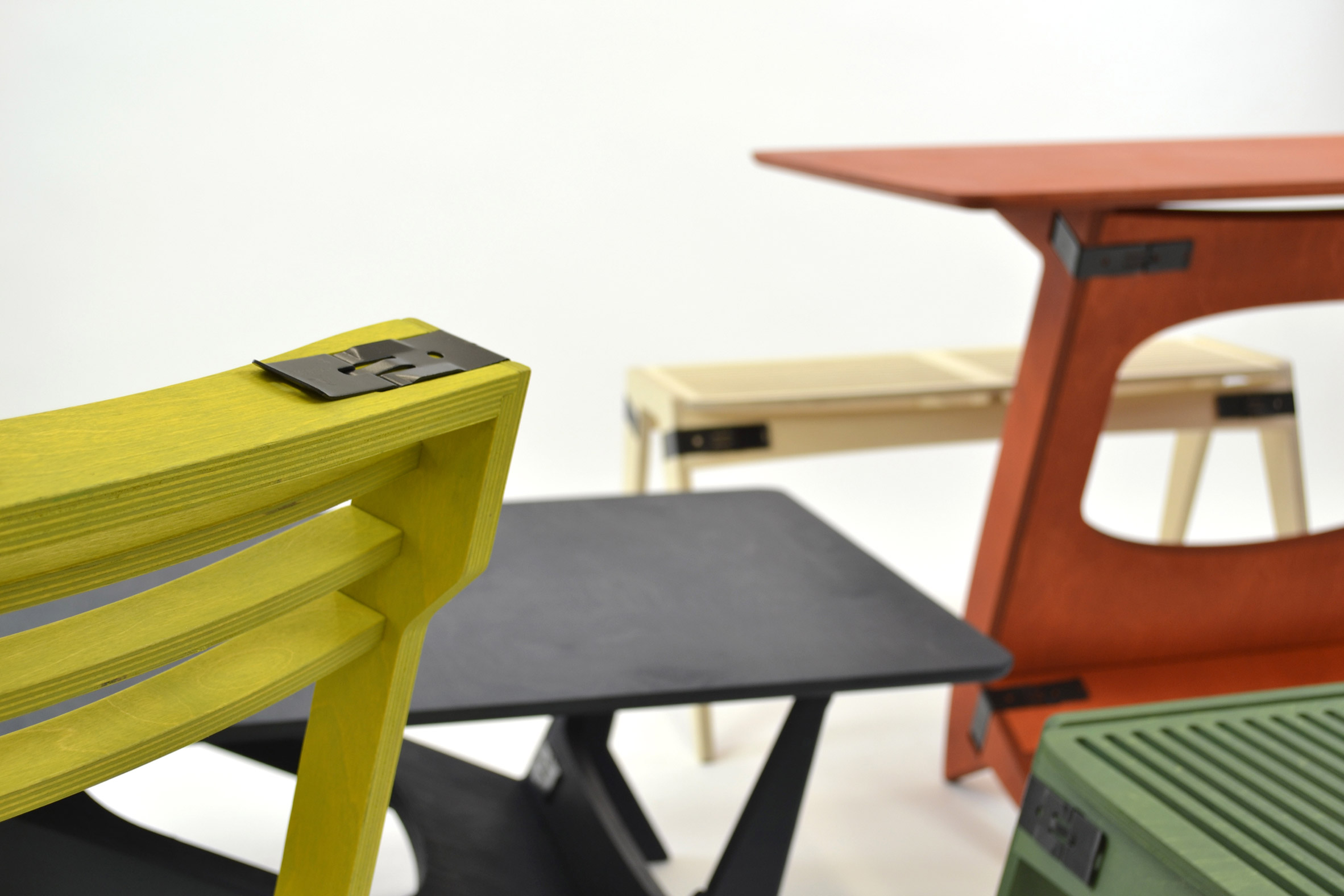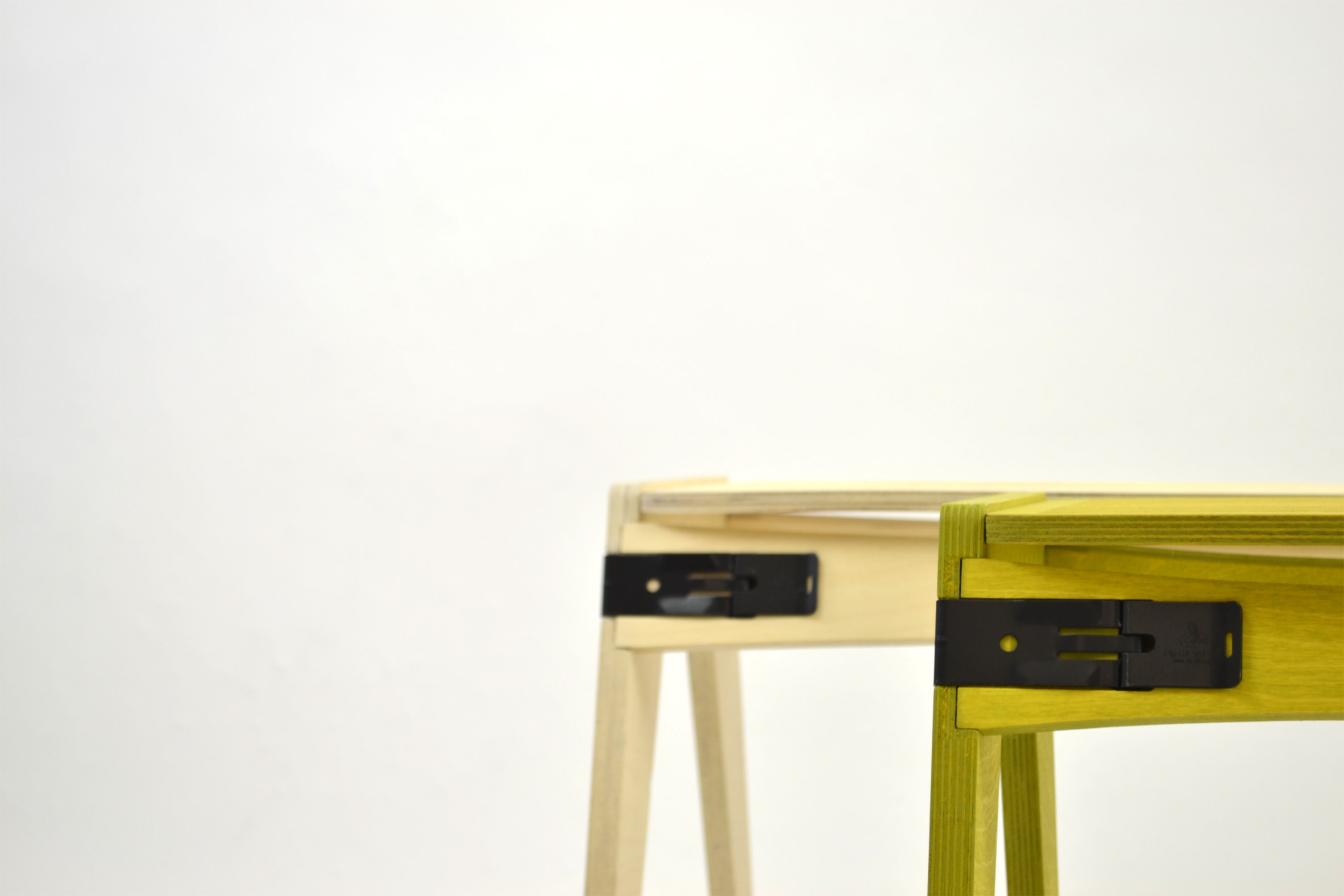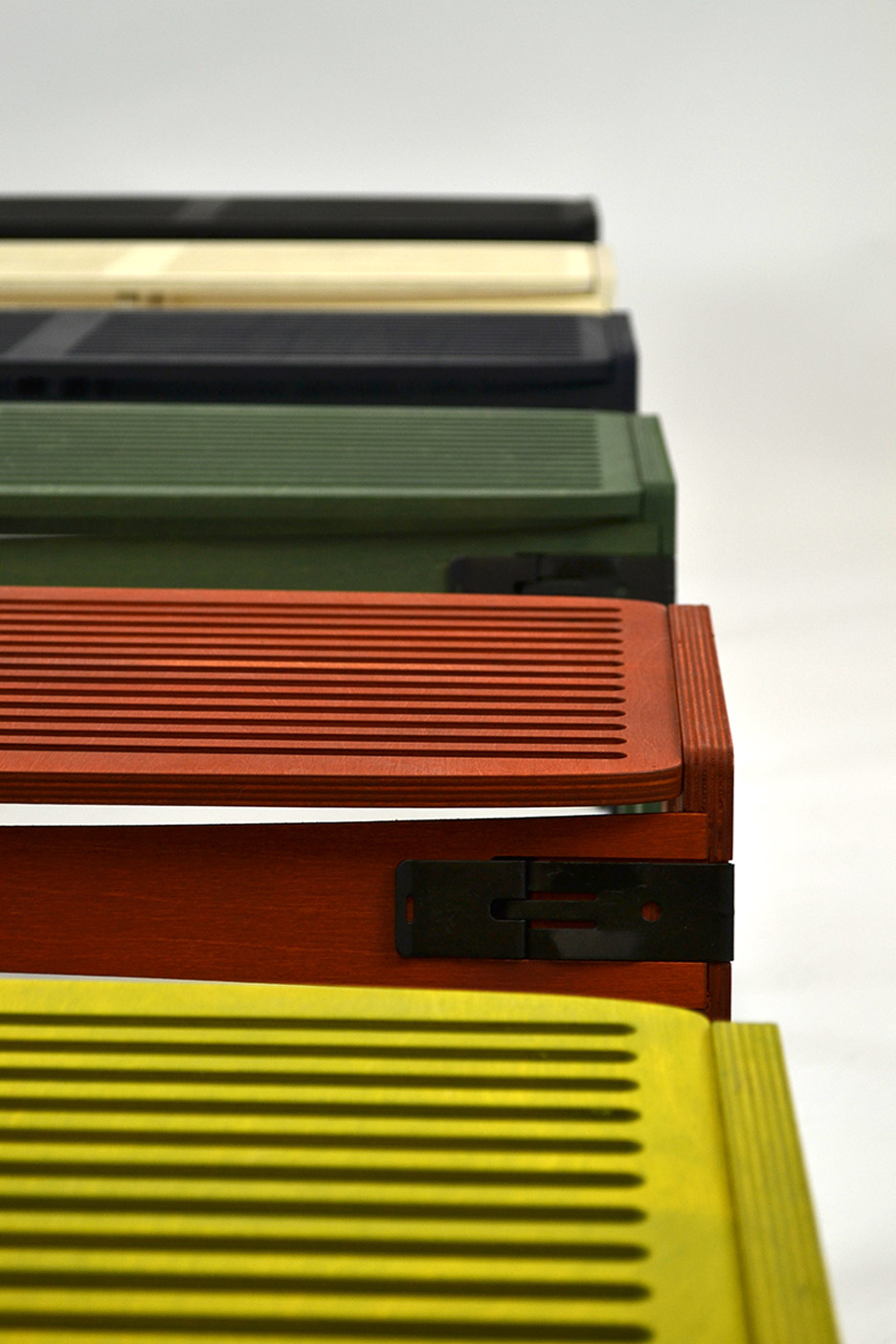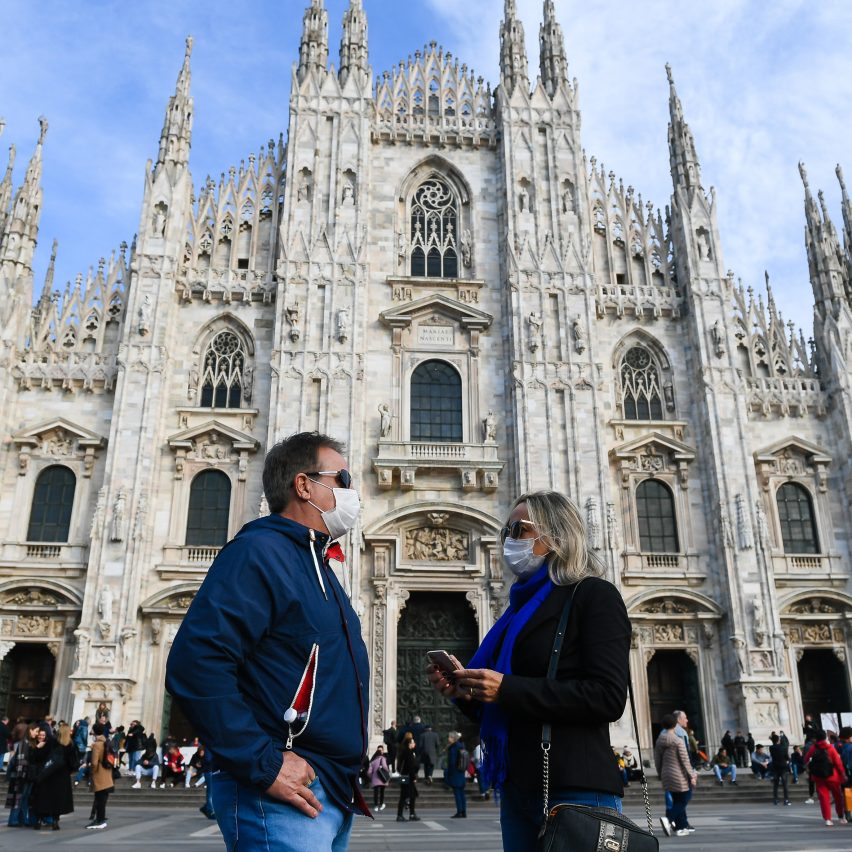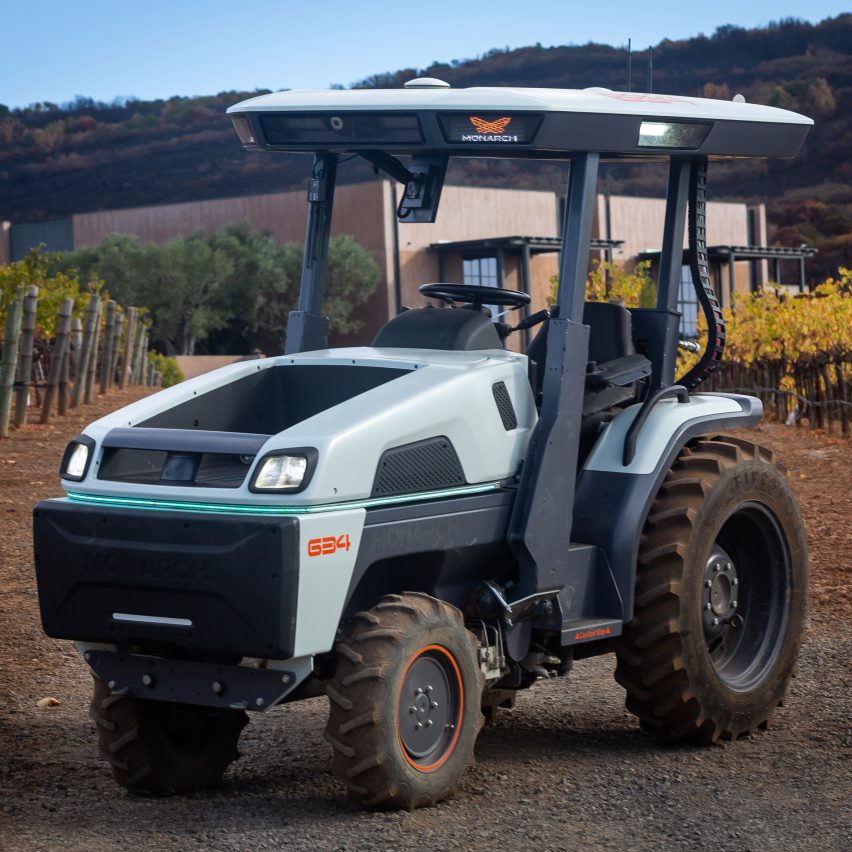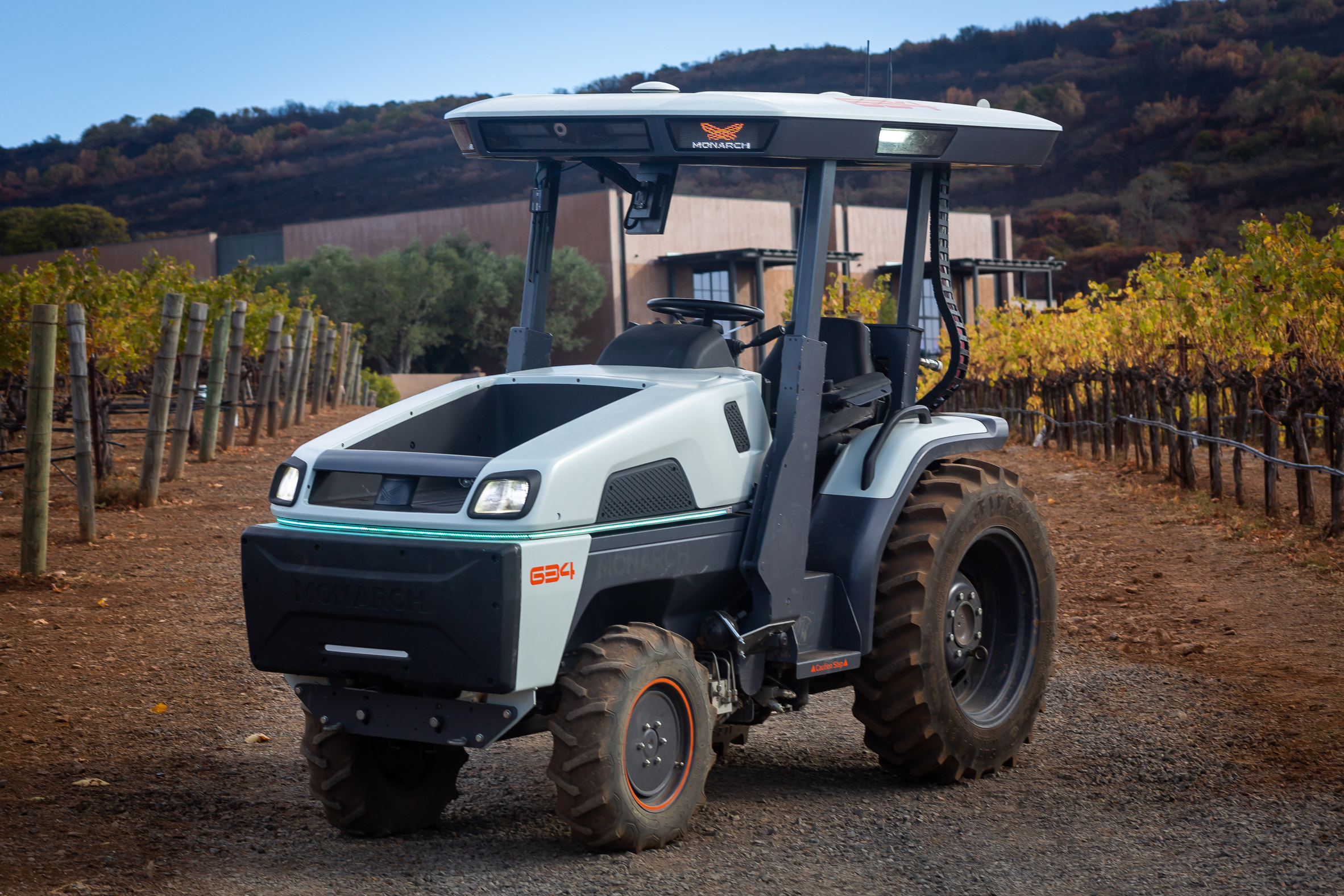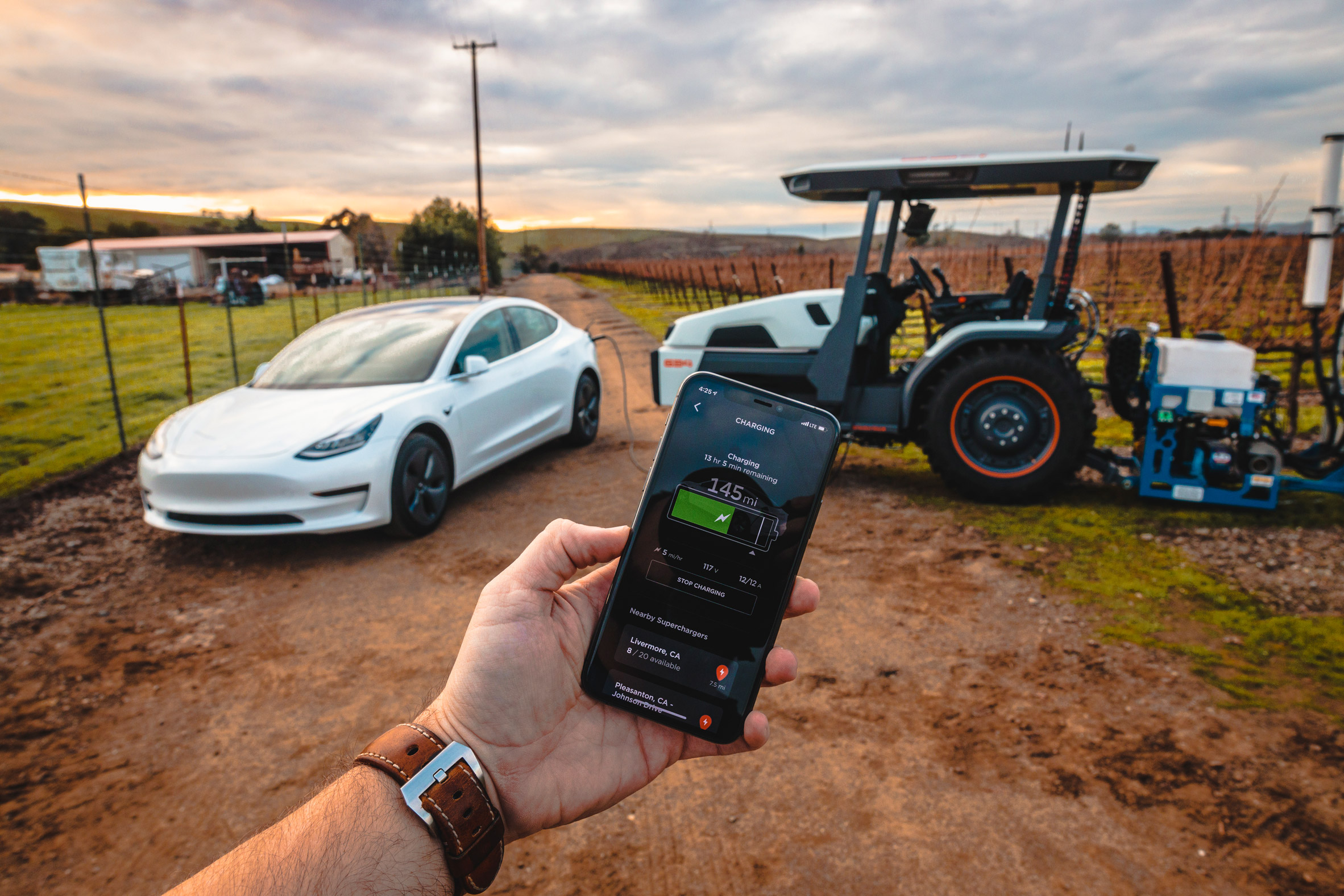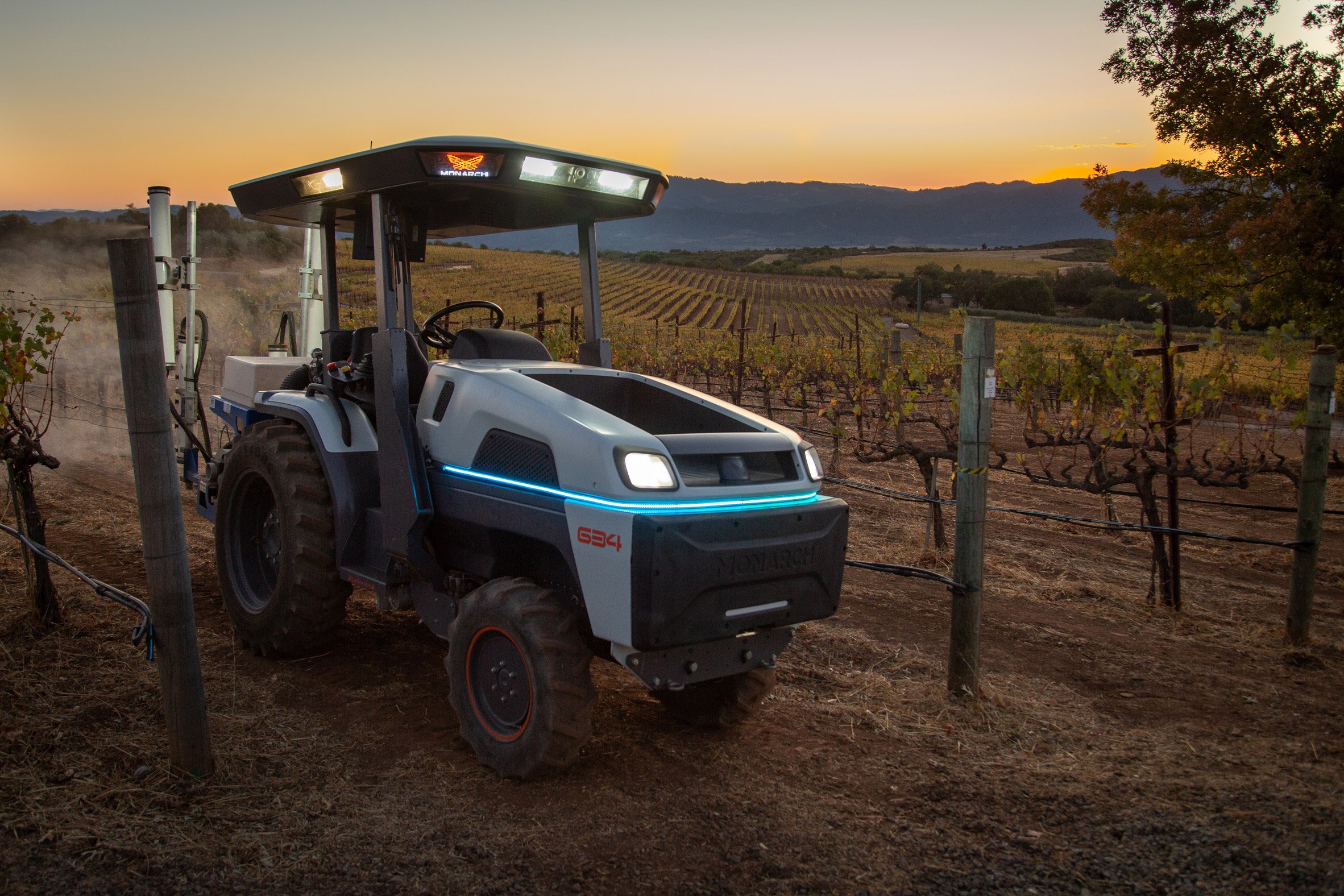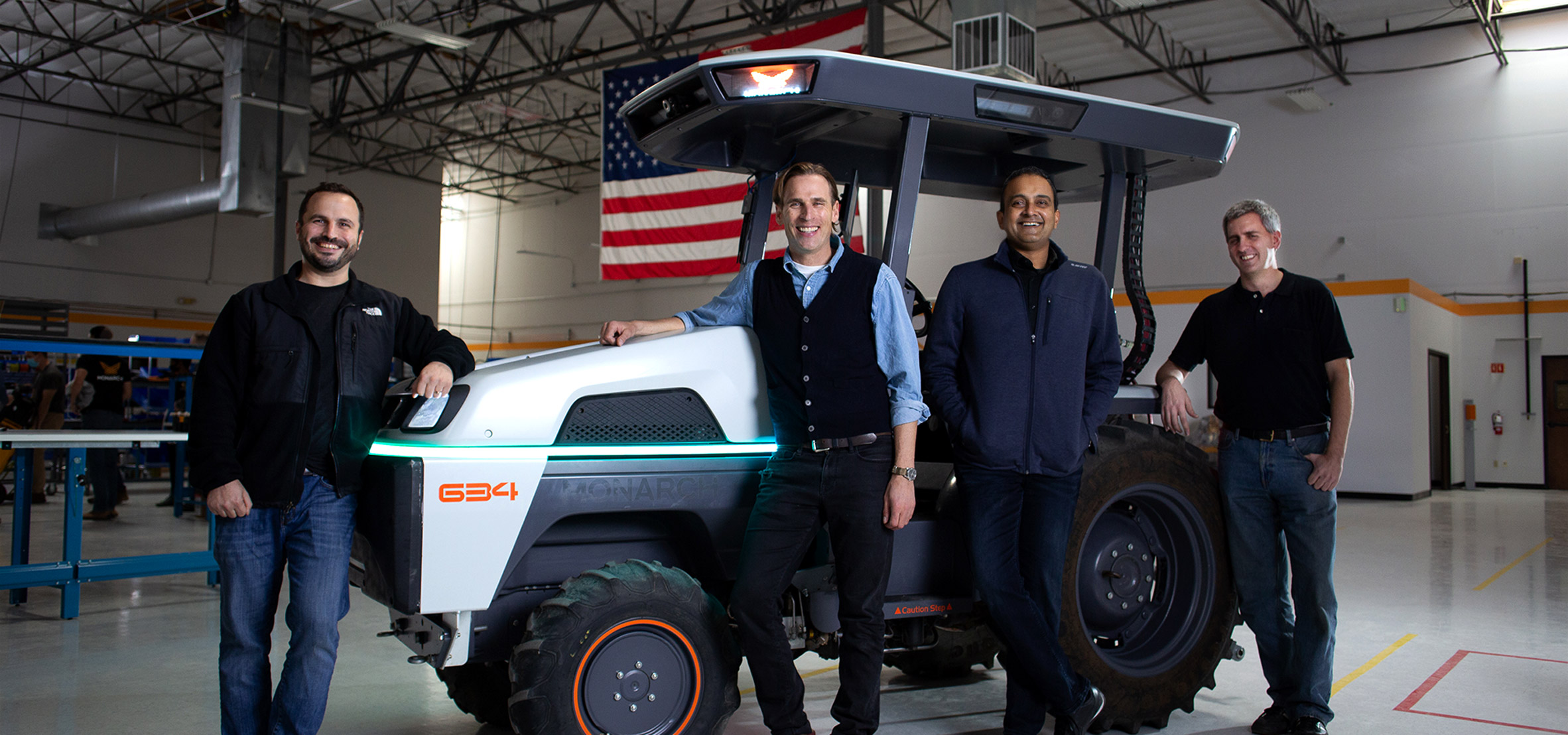This year was dominated by the emergence and spread of the coronavirus, with designers and architects responding to the pandemic and events across the world cancelled. We continue our review of 2020 by looking at the most-read stories about the pandemic from each month.

January – China building 1,000-bed hospital in 10 days to treat coronavirus
The first major coronavirus story to make international headlines in the architecture press was the news that a 1,000-bed hospital was being built at breakneck speed in China.
Named Wuhan Huoshenshan Hospital, the prefabricated, temporary facility was built to treat the growing number of people infected in Wuhan. It was completed in just over a week.
As the virus spread, temporary hospitals were built around the world, including in London where the ExCel centre was converted into the 4,000-bed NHS Nightingale.
Find out more about the temporary hospital ›
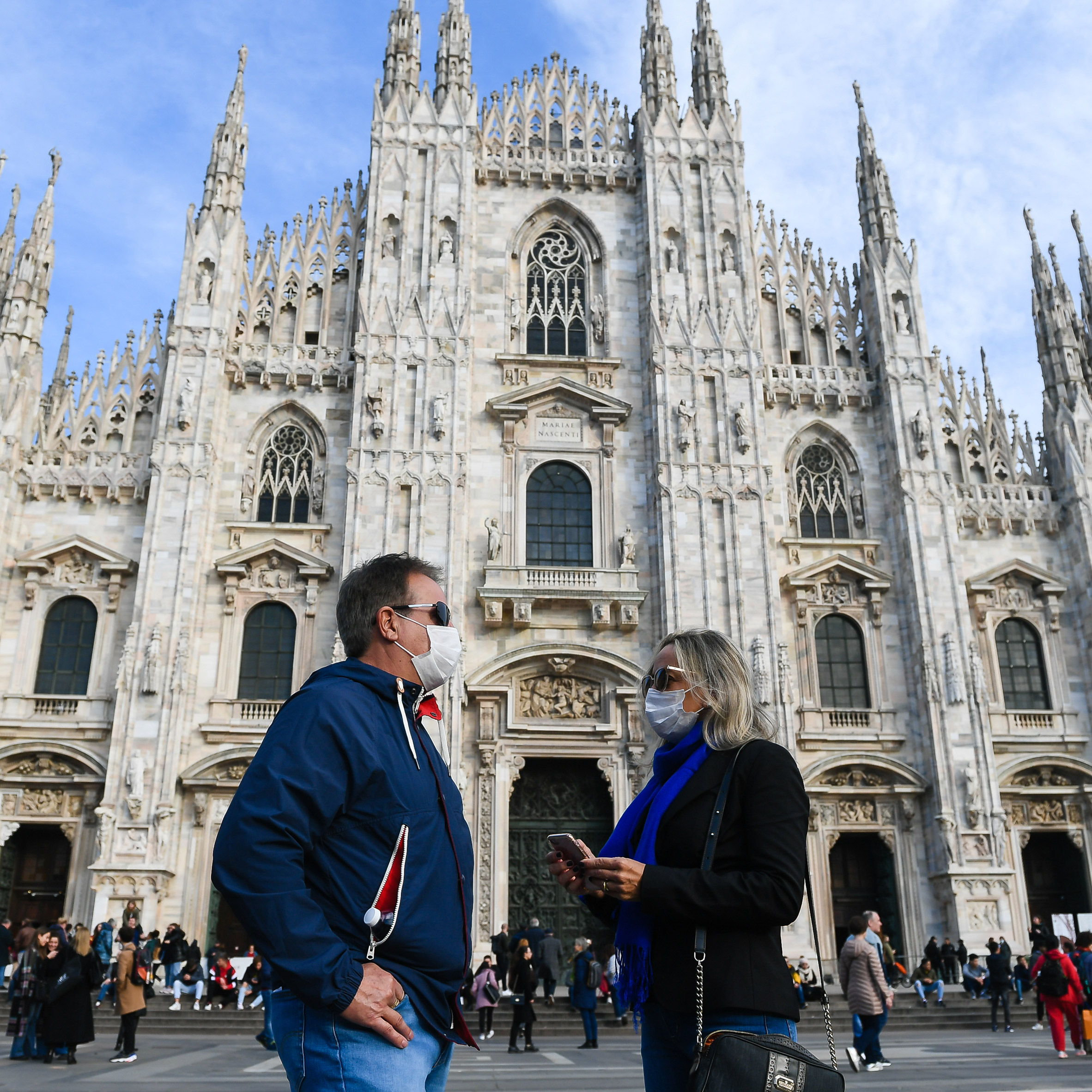
February – Milan's Salone del Mobile furniture fair postponed until June due to coronavirus
As the coronavirus spread, it began to impact numerous large-scale events, with shows including the Venice Architecture Biennale, MIPIM and Clerkenwell Design Week postponed due to coronavirus.
In February, the world's most important furniture fair, Salone del Mobile in Milan, announced it was postponing until June due to the outbreak in Italy.
Later in the year, the event was cancelled altogether and in November Salone del Mobile made the decision to postpone its 2021 edition to September.
Find out more about Salone del Mobile's postponement ›
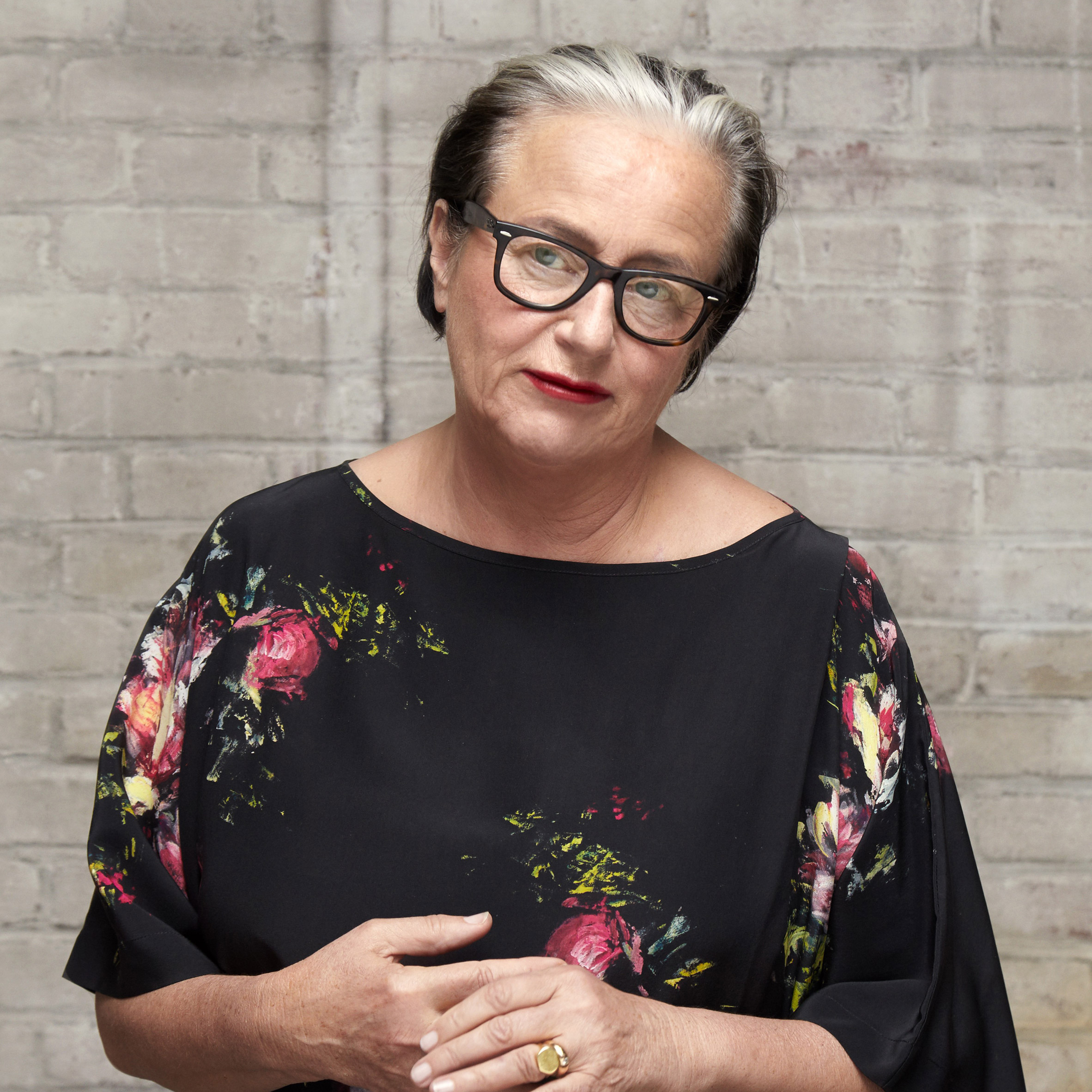
March – Coronavirus offers "a blank page for a new beginning," says Li Edelkoort
In March, trend forecaster Li Edelkoort made a series of predictions about how the coronavirus would impact the world.
In an interview that would become Dezeen's most-read story of all time, Edelkoort said that the pandemic would lead to "a global recession of a magnitude that has not been experienced before".
She predicted that this would lead to "a blank page for a new beginning".
Find out more about Li Edelkoort's prediction ›
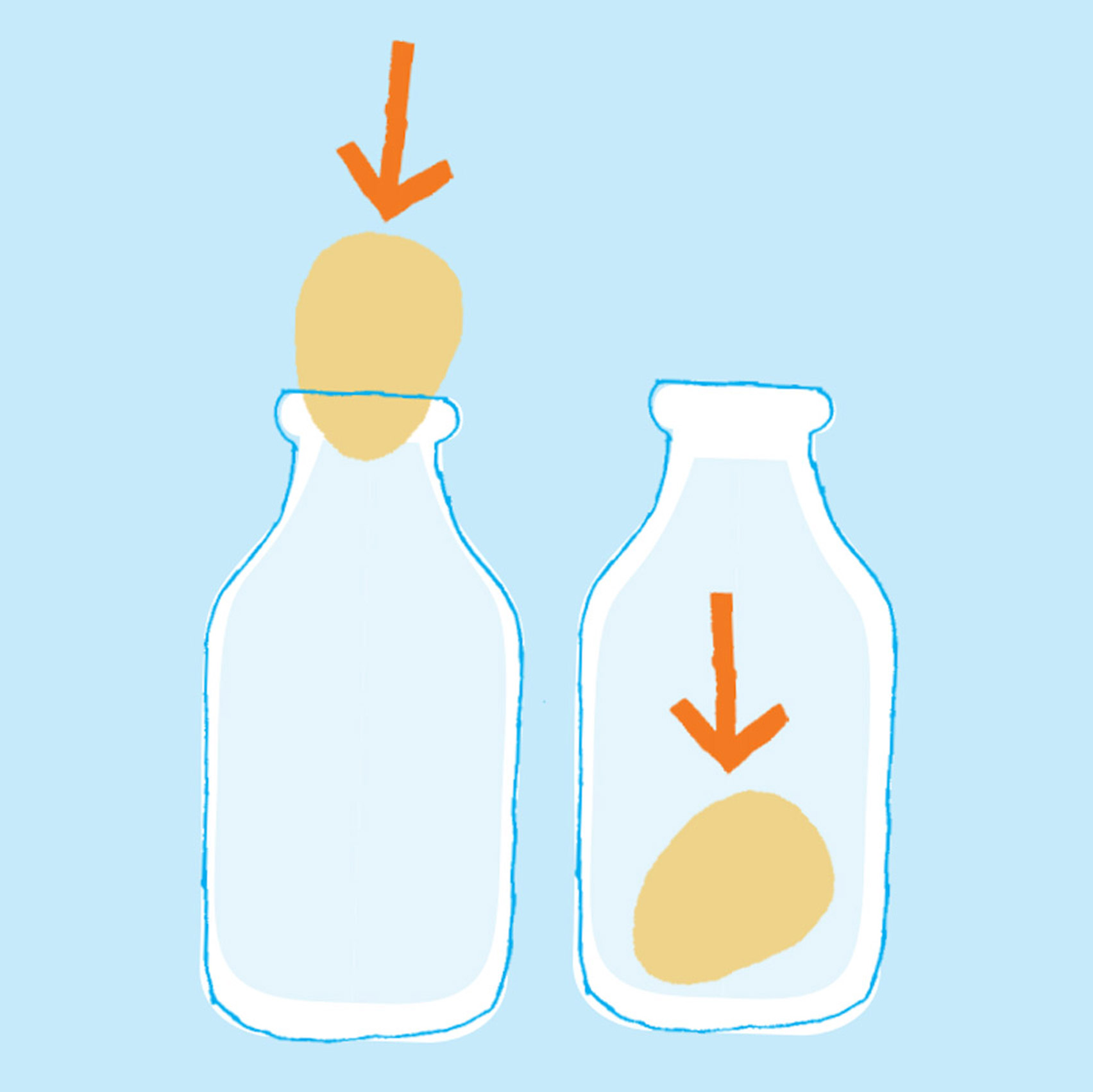
April – Dyson devises 44 engineering challenges for children during lockdown
By April, large areas of the world were in lockdown and many parents faced the challenge of entertaining their children, who would usually be in school. In response, design, architecture and technology companies created activities to entertain children in isolation, with Dyson's being the most popular we published.
Dyson created 22 science tasks and 22 engineering activities that children could complete using common household items, such as making a balloon-powered car or building a bridge from spaghetti.
Other to release activities for kids included British architecture studio Foster + Partners, which published a series of challenges including building a paper skyscraper, and furniture company IKEA, which designed six play houses that could be built with its products.
Find out more about Dyson's challenges ›

May – Adidas launches reusable face mask called Face Cover
As coronavirus lockdowns in many cities around the world eased, Adidas was among a number of companies to design and release a face mask.
Named Face Cover, the reusable face mask was made from a breathable recycled material and was developed in less than a month, making it one of the quickest products the sportswear brand has ever made.
"The entire process from ideation to production was less than one month," its lead designer said in an interview with Dezeen. "It's one of the most rapidly produced products we've ever made. And created almost entirely from home."
Find out more about the Face Cover ›

June – "Travel as we knew it is over" says Airbnb co-founder
As travel restrictions impacted people's summer holiday plans, Airbnb co-founder Brian Chesky claimed that "travel as we knew it is over".
Speaking to American news channel CNBC, Chesky, who is the current CEO of the short-term rental website, reflected that the pandemic would change the tourism industries forever as people focused less on major tourist destinations.
"It doesn't mean travel is over, just the travel we knew is over, and it's never coming back," he said.
Find out more about the Airbnb co-founder's prediction ›
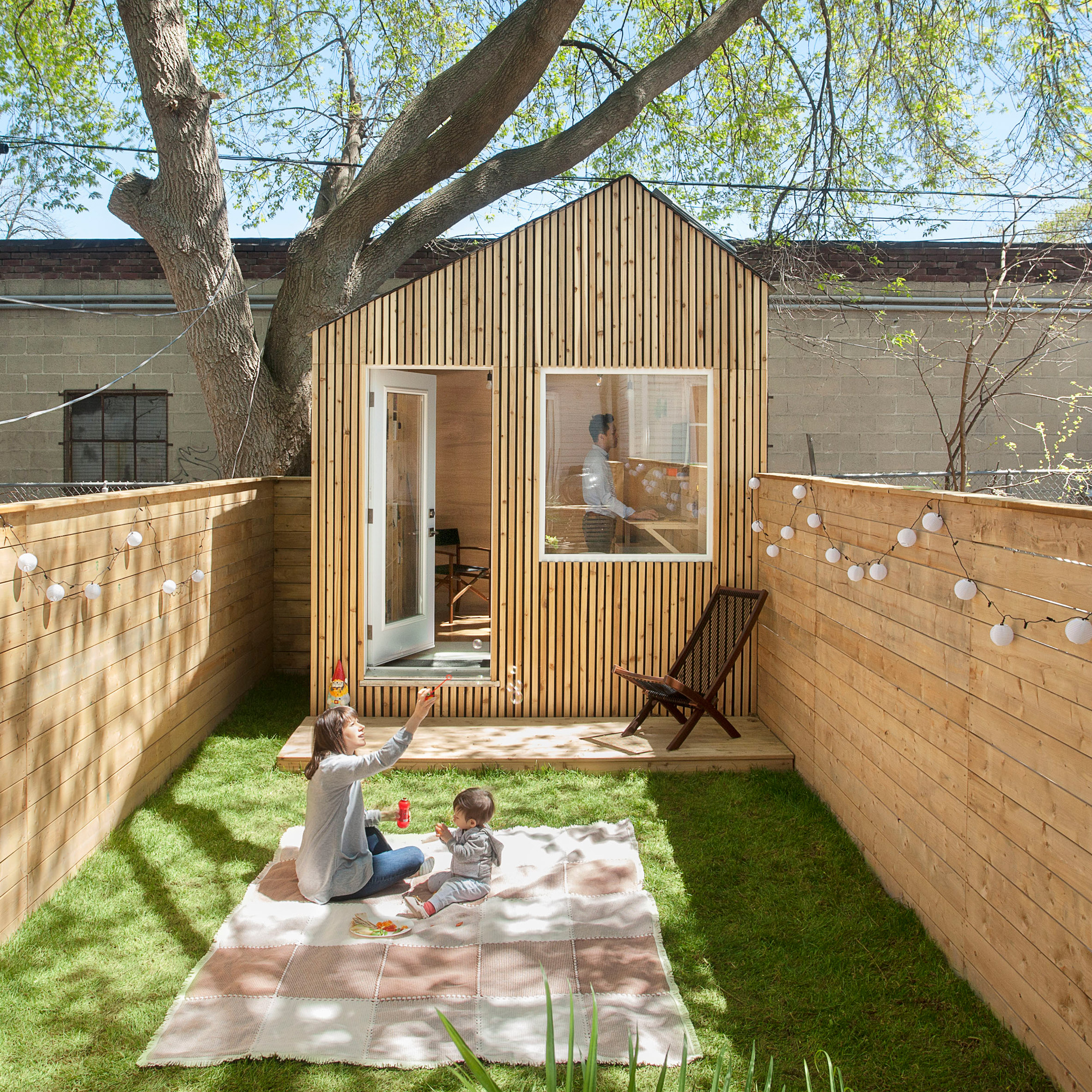
July – Twelve back-garden offices for working from home
The coronavirus pandemic brought home the importance of having a dedicated workspace at home. We rounded up 12 garden studios that would be ideal places for working from home.
With people spending more time in their houses, home-improvements became a foucs. We started a series providing visual inspiration for the home showcasing colourful kitchens, bedrooms with statement walls and domestic bathrooms designed by architects.
Find out more about our selection of back-garden offices ›

August – Burberry face mask in signature check fabric features "antimicrobial" protection
As wearing face masks became normal in large parts of the world, they became fashion items, with Burberry's design being one of the most popular.
The face masks, which were made from cotton treated with "antimicrobial technology", were made in blue or beige versions of Burberry's vintage plaid pattern.
Find out more about Burberry's face mask ›
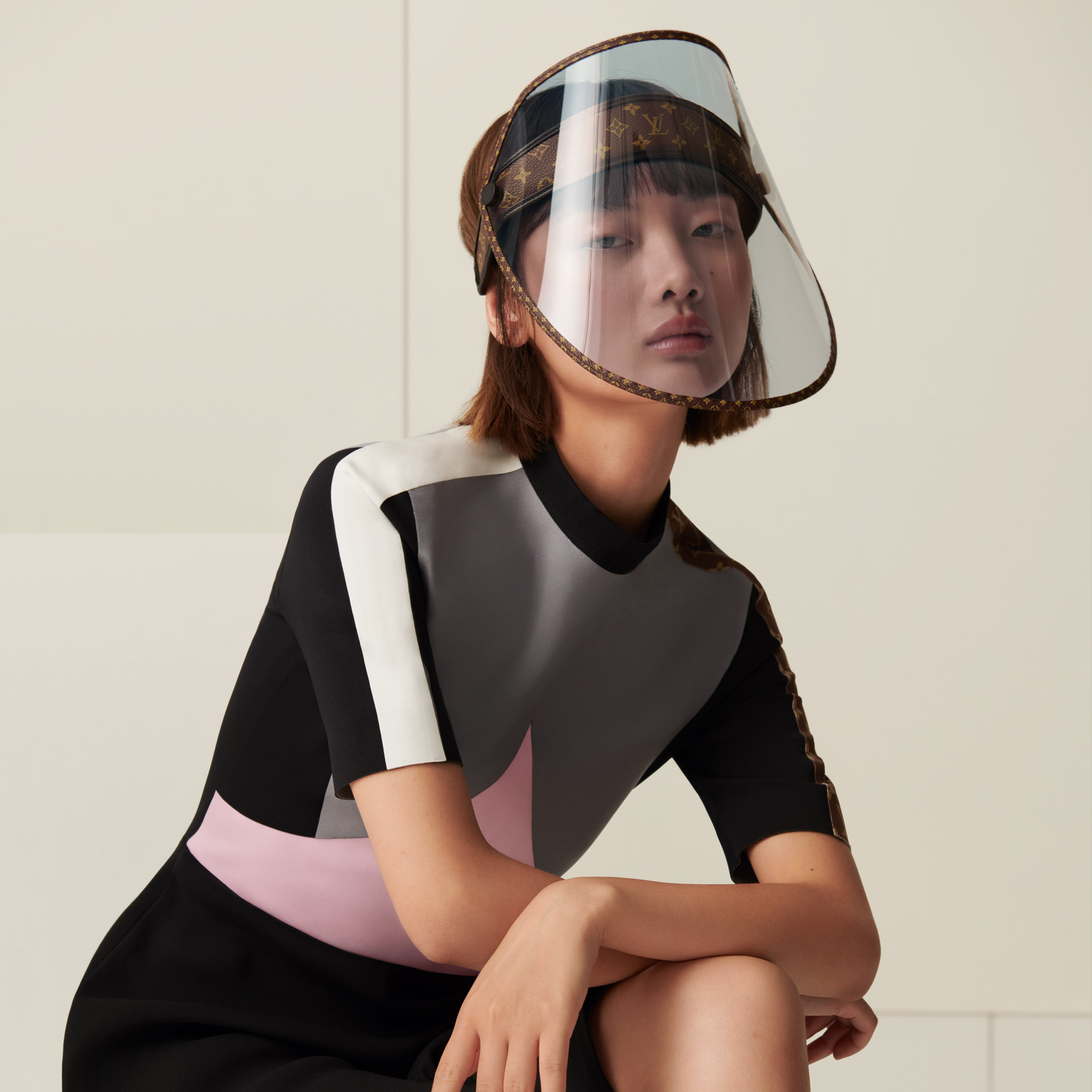
September – Louis Vuitton unveils face shield that doubles as a cap
French fashion house Louis Vuitton also released its take on personal protective equipment. Its coronavirus face shield was imprinted with its signature LV monogram and could be flipped up and used as a sun visor.
"The LV Shield makes for an eye-catching headpiece, both stylish and protective," said the company.
"[It] seamlessly transitions from dawn to dusk, adding a discreet yet sophisticated touch to one's personal protection."
Find out more about Louis Vuitton's face shield ›

October – "Is Covid-19 going to change our cities? The answer is no," says Norman Foster
In October, Foster + Partners founder Norman Foster joined those making predictions about how the pandemic will impact cities.
In a speech to the United Nations Forum of Mayors, the architect predicted that while coronavirus may accelerate current trends, it would not have a long-term impact on cities.
"Is Covid-19 going to change our cities?" he asked. "I suggest that it might seem so now, but in the wider arc of history, the answer is no."
Find out more about Norman Foster's prediction ›

November – RIBA warns of housing emissions crisis from surge in home working
In November, the Royal Institute of British Architects warned that the massive increase in people working from home during the pandemic risks a housing emissions crisis unless the government takes urgent action.
"When it comes to energy efficiency, our homes are fundamentally below the mark," said RIBA president Alan Jones.
"Our housing stock sits shamefully behind most European neighbours, and this will only be made more obvious by the changes in working habits brought about by the Covid-19 pandemic."
Find out more about RIBA's warning ›
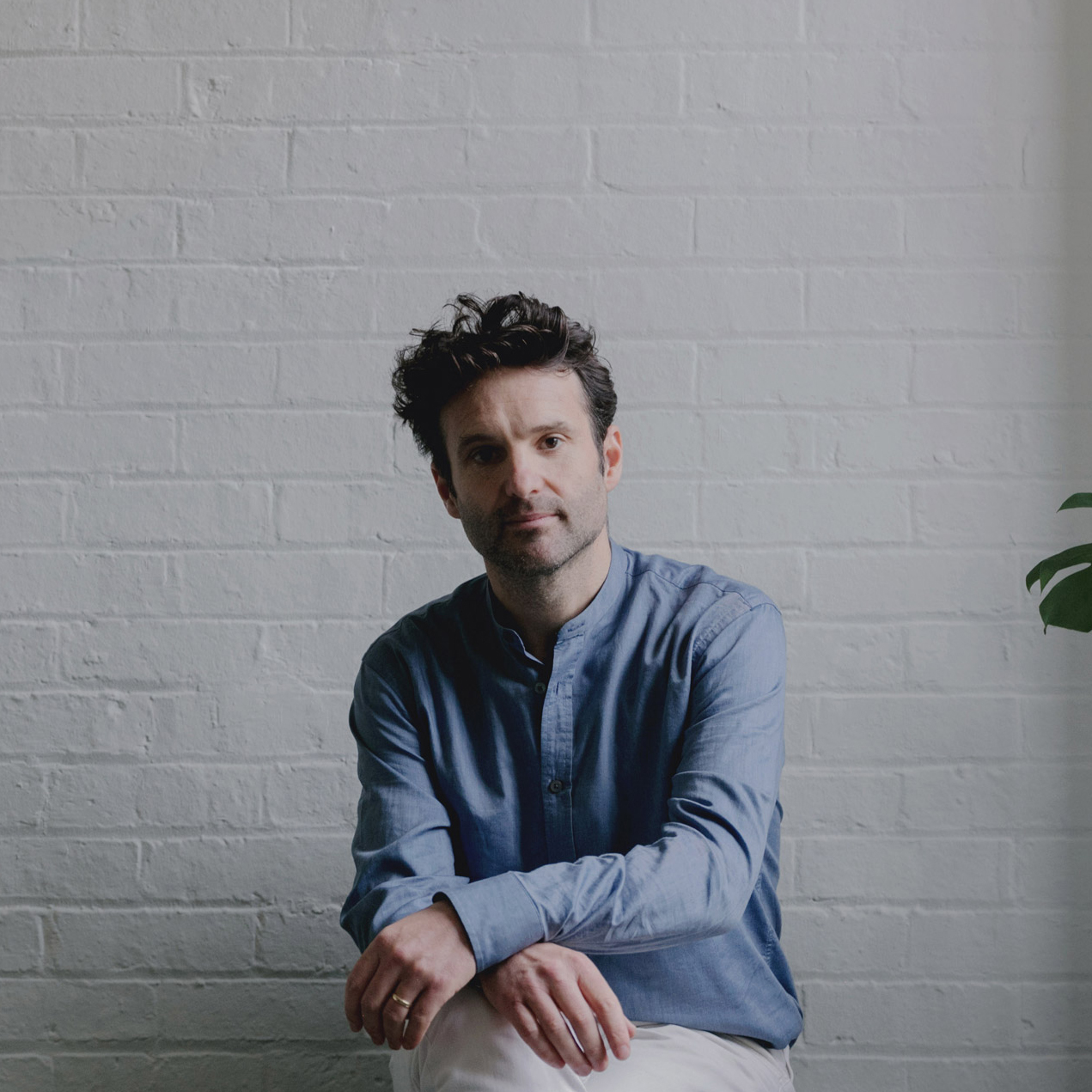
December – Homebuyers "moving away from open-plan spaces" says Albert Hill of The Modern House
One of the impacts of the pandemic on people's homes is that people are moving away from open-plan living, said Albert Hill, co-founder of design-led estate agent The Modern House, in December.
In a talk with Dezeen, Hill said that buyers were seeking greater privacy at home and were therefore increasingly looking for houses with a variety of different rooms for different activities rather than large, open multipurpose spaces.
Find out more about Albert Hill's prediction ›
The post Most read stories about the coronavirus pandemic from 2020 appeared first on Dezeen.
from Dezeen https://ift.tt/3oYXfid
